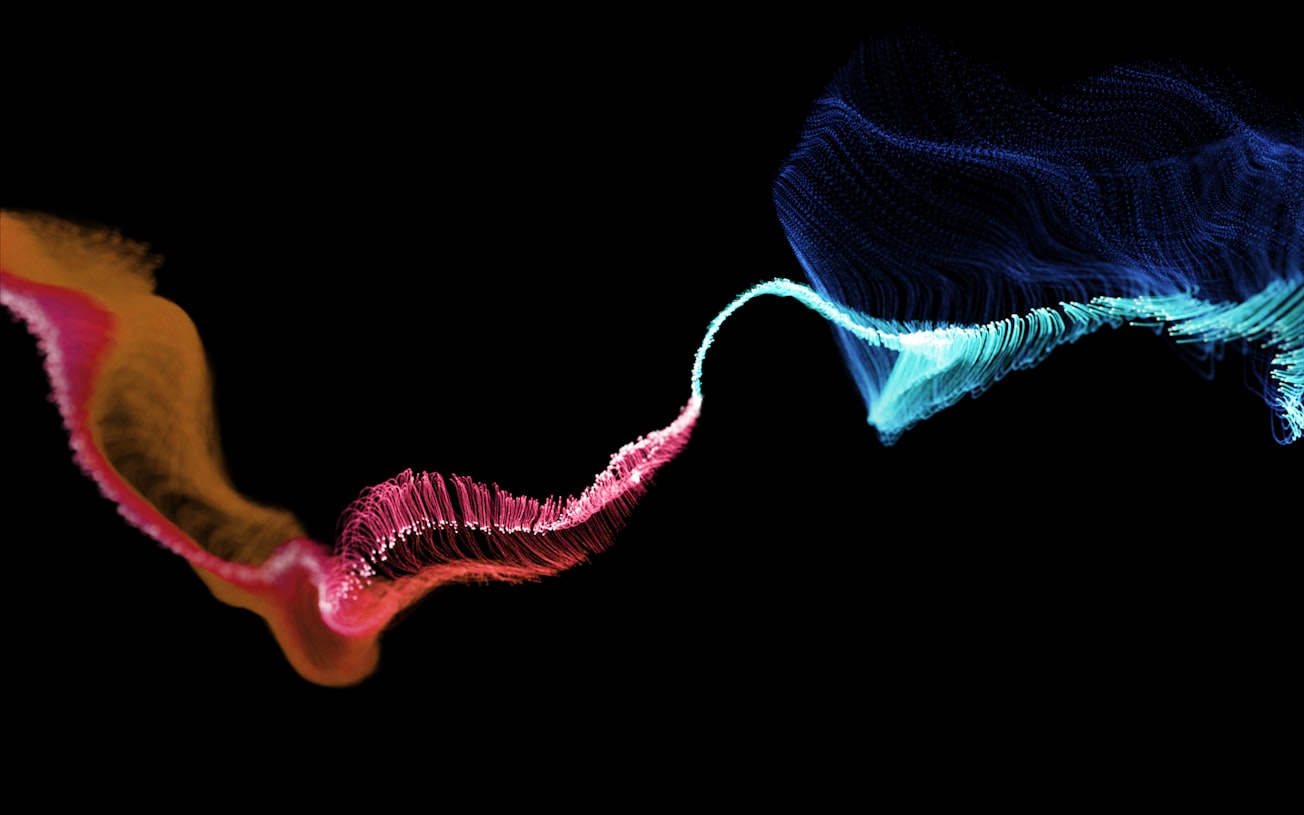What is it about?
Language, Biology and Cognition (London/Berlin: Springer Nature) interrogates and critiques 'biologism' in current linguistic sciences, by examining the relationship between human language and biology in order to determine whether the biological foundations of language can offer deep insights into the nature and form of language and linguistic cognition. By challenging the assumption in biolinguistics and neurolinguistics that natural language and linguistic cognition can be reconciled with neurobiology, this work argues that reducing representations to cognitive systems and cognitive systems to neural populations is reductive, and also leads to inferences about the cognitive organization of language based on assuming false dependencies.
Featured Image

Photo by Richard Horvath on Unsplash
Why is it important?
• Provides perhaps the first book-length critical scrutiny of the assumptions underlying the neurobiological and genetic foundations of language and cognition. • Examines various pieces of evidence amassed in major neurobiological and genetic studies of language processing, language disorders and language acquisition in order to uncover the fundamental logical flaws.
Perspectives
This book, perhaps for the first time, offers an in-depth critique of the currently fashionable 'biologism' in linguistic sciences.
Dr Prakash Mondal
Indian Institute of Technology Hyderabad
Read the Original
This page is a summary of: Language, Biology and Cognition, January 2020, Springer Science + Business Media,
DOI: 10.1007/978-3-030-23715-8.
You can read the full text:
Contributors
The following have contributed to this page







